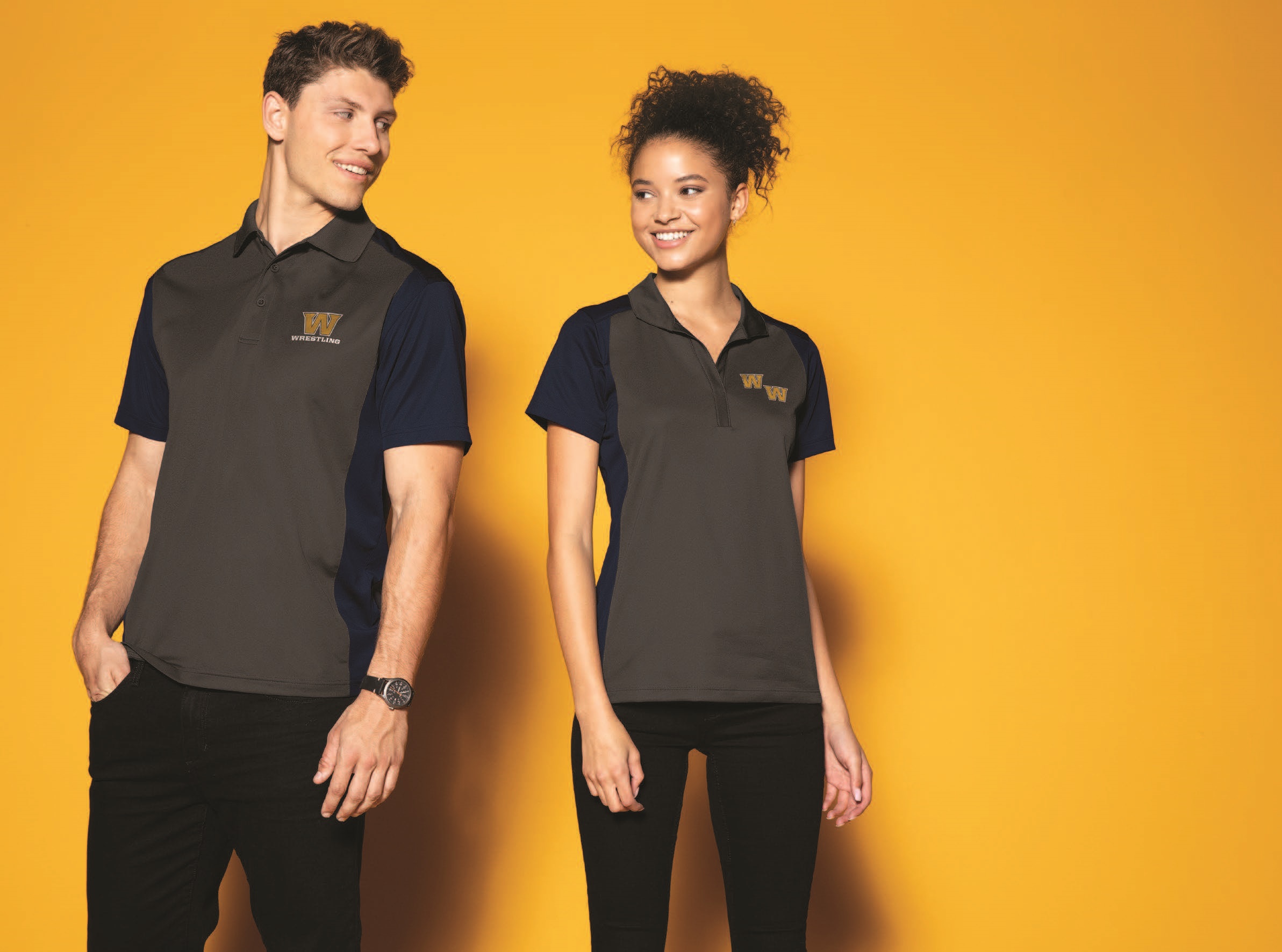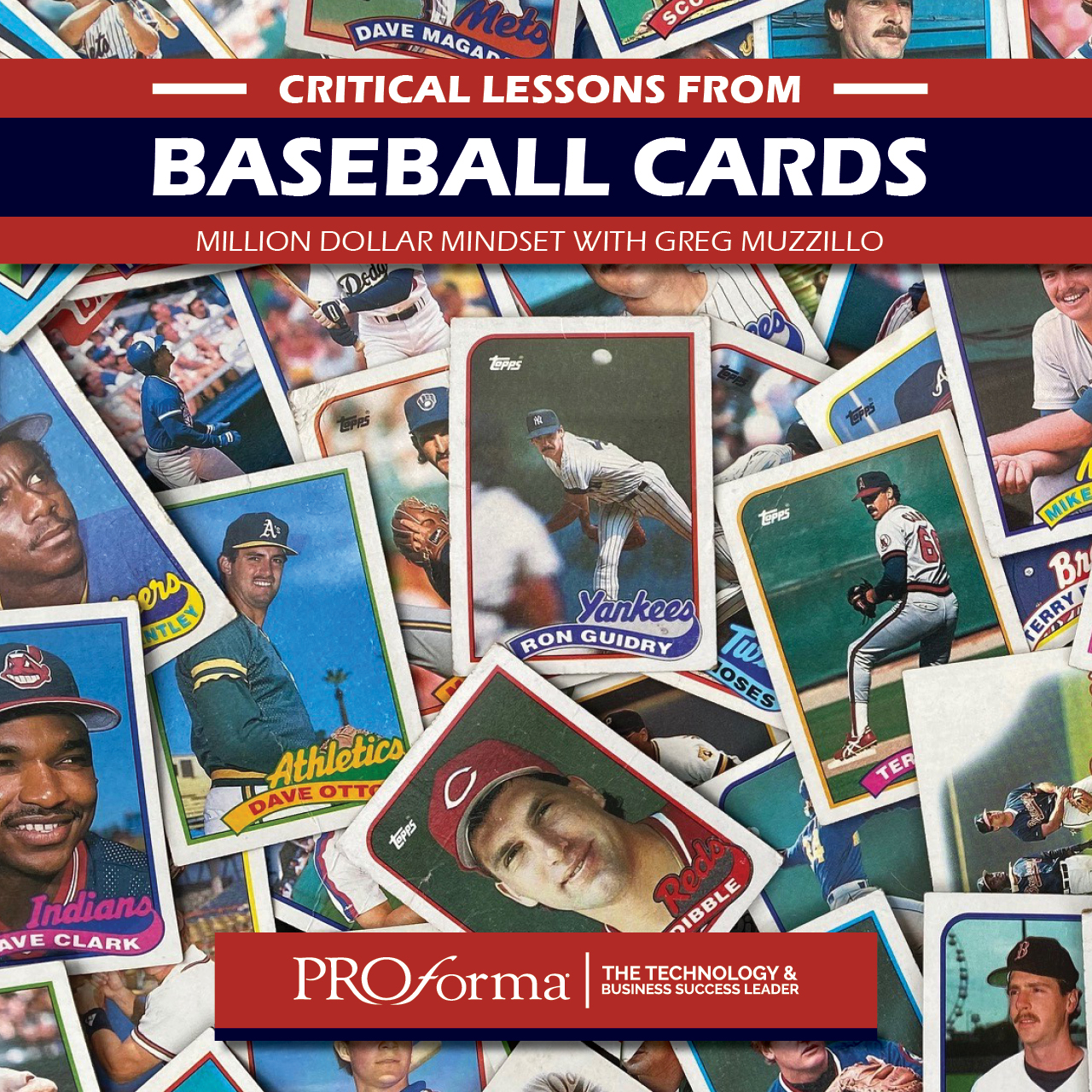Professional wrestling enjoys immense popularity thanks to a number of performers, including those who hold the title of “heel.” Albert Christian Hardie Jr., who wrestles as Jordan Myles for the WWE brand NXT, believes it’s his employer who is playing the heel, thanks to a T-shirt that he thinks has racist undertones.
https://twitter.com/GoGoMyles/status/1188297337392828417?s=20
https://twitter.com/GoGoMyles/status/1188393687983759360?s=20
We’ve looked at numerous products that have sparked controversy over the years. This shirt, which has been the talk of the wrestling world since Saturday, is the latest to do so, and the controversy continues to evolve each time Myles takes to Twitter.
It is through that platform that he voiced his displeasure over the shirt, which features his name in white text and within a red drawing that serves as a smiling mouth. As numerous sources have explained, that depiction could make one associate the promotional garment with racially insensitive designs used to to denigrate African Americans, and Myles has since gone on a crusade to take WWE to task for its design.
https://twitter.com/davidbix/status/1188302177548288000?s=20
The WWE released a statement, however, claiming that Myles approved the shirt design:
Albert Hardie Jr. (aka Jordan Myles) approved this T-shirt for sale. As always, we work collaboratively with all of our performers to develop logos and merchandise designs and get their input and approval before proceeding. This was the same process with Albert, and we responded swiftly once he later requested that the logo/T-shirt be redesigned. No T-shirts were sold.”
The explanation by the WWE makes the matter particularly thorny, as it becomes a matter of he-said-she-said. Myles has provided an unequivocal stance on what he sees as an egregious slight, and the WWE has ensured that no end-user plunked down any cash for the shirt before it was removed from its e-commerce platforms.
What’s your take on Jordan Myles statement regarding this shirt that WWE created?
Racism or no? pic.twitter.com/BJNI3czbTs
— Wrestlepedia (@Wrestlepedia2) October 27, 2019
For the promotional products and apparel world, this is sure to give a few people pause, as the shirt design is much more than an example of the you-can’t-please-everyone-all-the-time mentality. Whether Myles approved it or whether WWE issued something other than what it had shown to him, their burgeoning discord reminds us that a product that reinforces stereotypes—or even something that could give someone even the smallest opportunity to suppose that an item has racial undertones—is a concept that companies should always body slam.



